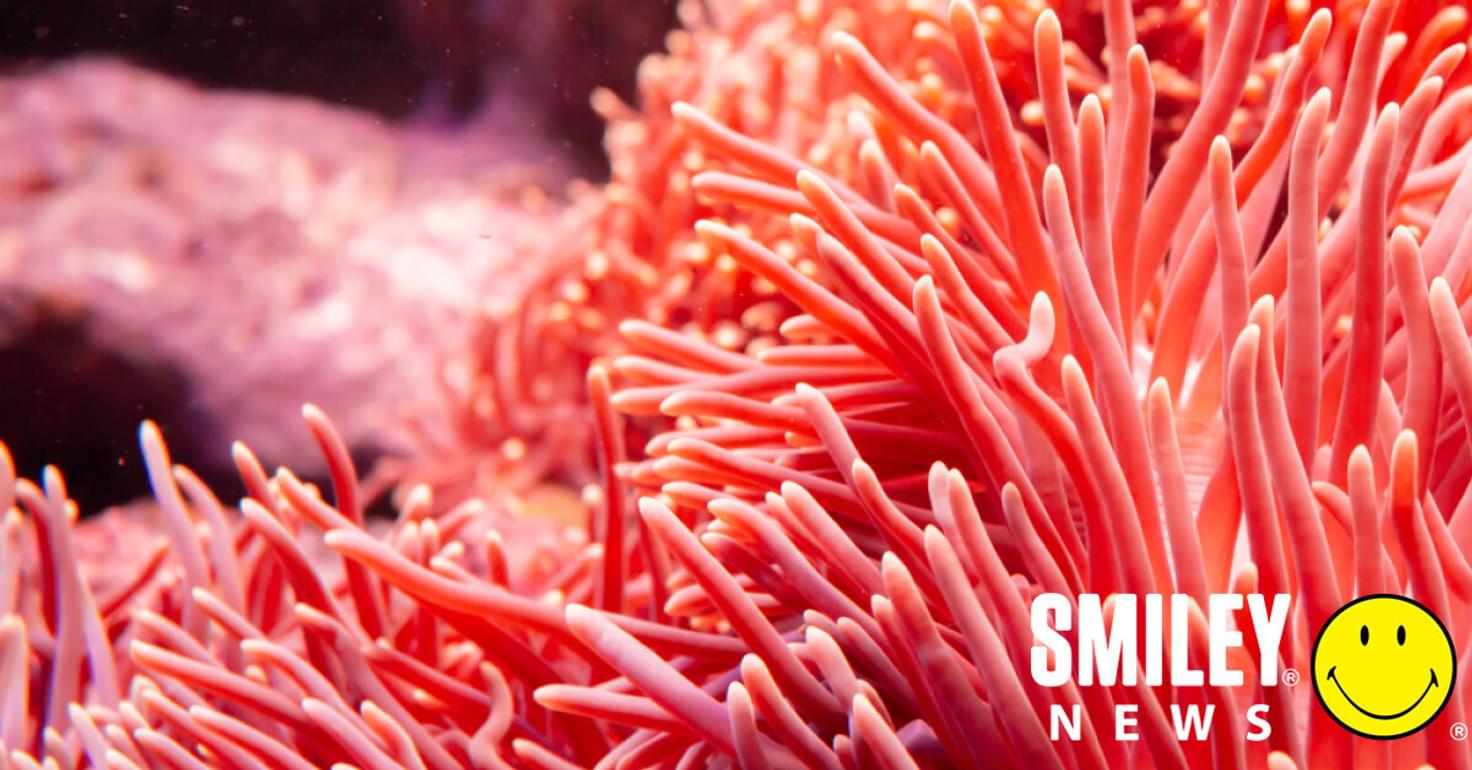
Words by Smiley Team
Researchers are gaining hope for coral reefs after discovering a rare type of the species which is more resilient to climate change. Showing no signs of bleaching, corals in the Gulf of Aqaba on the northern part of Jordan’s Red Sea, can withstand higher temperatures.
Most corals die when temperatures surpass their normal summer maximum by 1-2°C. In contrast, this Red Sea variety is surviving temperature rises of 5-6°C.
“When most of the world’s corals are gone because of rising water temperatures, the corals in Aqaba might be the last remaining reefs,” Jordanian conservationist Ehab Eid told Mongabay.
[Read more positive news about initiatives protecting life below water]
While about 90% of corals are expected to go extinct over the next few decades, this is an exciting find for researchers. They believe that the Red Sea corals have built up a unique resilience due to historical migration from hotter warmers about 20,000 years ago in the last ice age.
Despite the species’ advantage, Ehab still worries that human coastal activity could see the corals decline, as most others have. It also remains vital to protect and restore less resilient species elsewhere, which offer habitats to all kinds of ocean life.
The good news is that it can be done. As the case of the protected Alaskan coral proves, conservationists and campaigners can succeed in defending this vital ocean species against intensive industrial activities.
“The good news is that functioning coral reefs still exist, and our study shows that it is not too late to save them,” said Dr. Emily Darling, head of the Wildlife Conservation Society’s global coral reef monitoring program.
DONATE: Support conservationists who are protecting and restoring coral by donating to Oceana.
GET INVOLVED: To build momentum for campaigns to protect coral reefs, take action with Oceana.